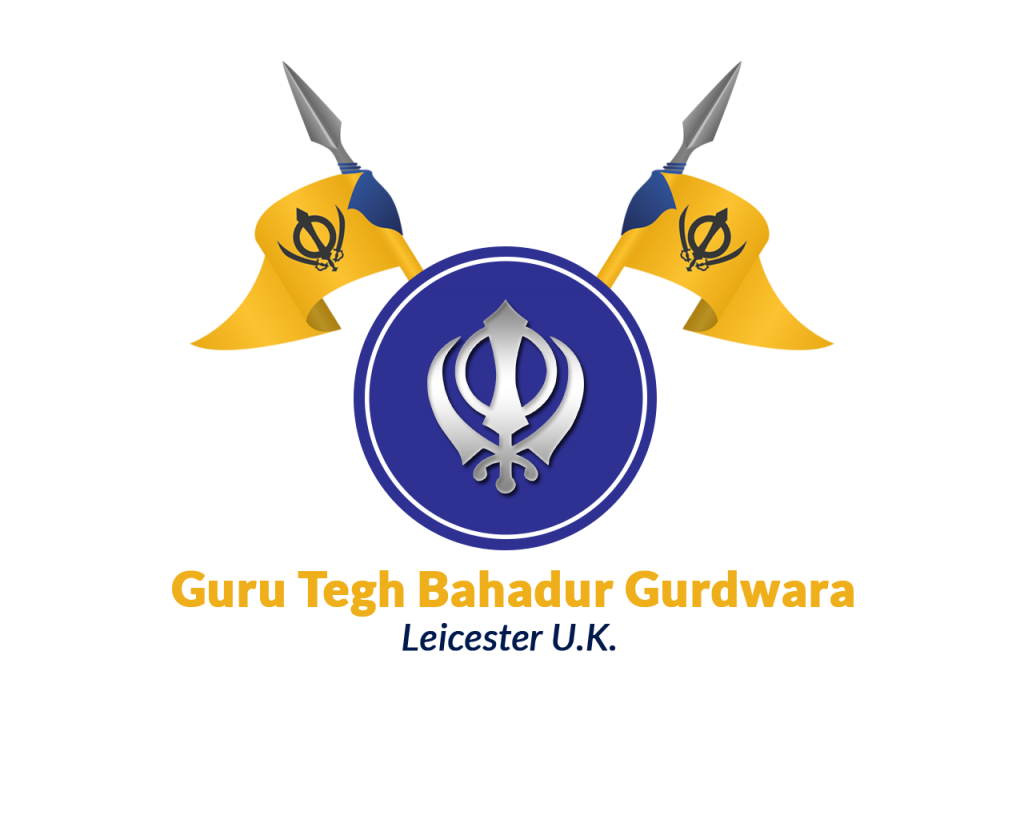The Three Pillars of Sikh Belief Guru Nanak formalised three basic guidelines for Sikhs:
Naam Japna (focus of God)
Kirat Karni (honest living)
Vand Chakna (sharing with others)
Naam Japna The Gurus led the Sikhs directly to practise Simran and Naam Japna – meditation on God through reciting, chanting, singing and constant remembrance followed by deep study & comprehension of God’s Name and virtues (Gurbani the Compendium of ETERNAL truth). The inner voice of the Sikh thus stays immersed in praises and appreciation of the Creator and the ONE ETERNAL GOD Waheguru and his WILL. The Sikh is to intuitively practice and stay focussed on the True Path through every breath throughout his life. Various ways were gifted to the Sikhs to remember and tread on this path of righteousness. To begin with and as a social habit, recite the Nitnem banis daily in remembrance of the grace and Kirpa (blessing) of the Almighty. ‘Early to bed & early to rise…’ is the FIRST STEP towards the Gate to Sikhism.
Kirat Karni He expected the Sikhs to live as honourable householders and practise Kirat Karni – To honestly earn by ones physical and mental effort while accepting both pains & pleasures as GOD’s gifts and blessings. One is to stay truthful at all times and, fear none but the Eternal Super Soul. Live a life founded on decency immersed in Dharam – life controlled by spiritual, moral & social values.
Vand Chakna The Sikhs were asked to share their wealth within the community by practising Vand Chakna – “Share and Consume together”. The community or Sadh Sangat is an important part of Sikhism. One must be part of a community that is pursing flawless objective values set out by the Sikh Gurus and every Sikh has to contribute in whatever way possible to the common community pool. This spirit of Sharing and Giving is an important message from Guru Nanak.
The Underlying Values The five cardinal vices are; Kam (lust), Krodh (anger), Lobh (greed), Moh (worldly attachment) and Ahankar (pride). If one can overcome these, they will achieve salvation. Naam Marg; emphasizes daily devotion to the remembrance of God. Rejection of all forms of blind rituals such as fasting, religious vegetarianism, pilgrimages, superstions, yoga, as well as any form of idol worship. Normal Family life (Grasth) is encouraged, celibacy or renunciation of the world is not necessary to achieve salvation.
The devotee must live in the world yet keep his mind pure. He must be a soldier, a scholar, a saint. The Sikh Holy Book (Guru Granth Sahib) is the perpetual Guru, there is no place in Sikhism for a living Guru today. Sikhism rejects all distinctions of caste, creed, race or sex.
The Guru’s stressed the full equality of women, rejecting female infanticide, sati (wife burning), permitting widow remarriage and rejects purdah (women wearing veils). Honest labour and work (Kirat Karna) are the approved way of living ones life. It is considered honourable to earn ones daily bread through honest work and not by begging or dishonest means. Vand Chhakna, sharing with others is also a social responsibility. The individual is expected to help others in need through charity. Seva, community service is also an intergral part of Sikhism. The free community kitchen (langar) found at every gurdwara and open to people of all religions is one expression of this community service.

